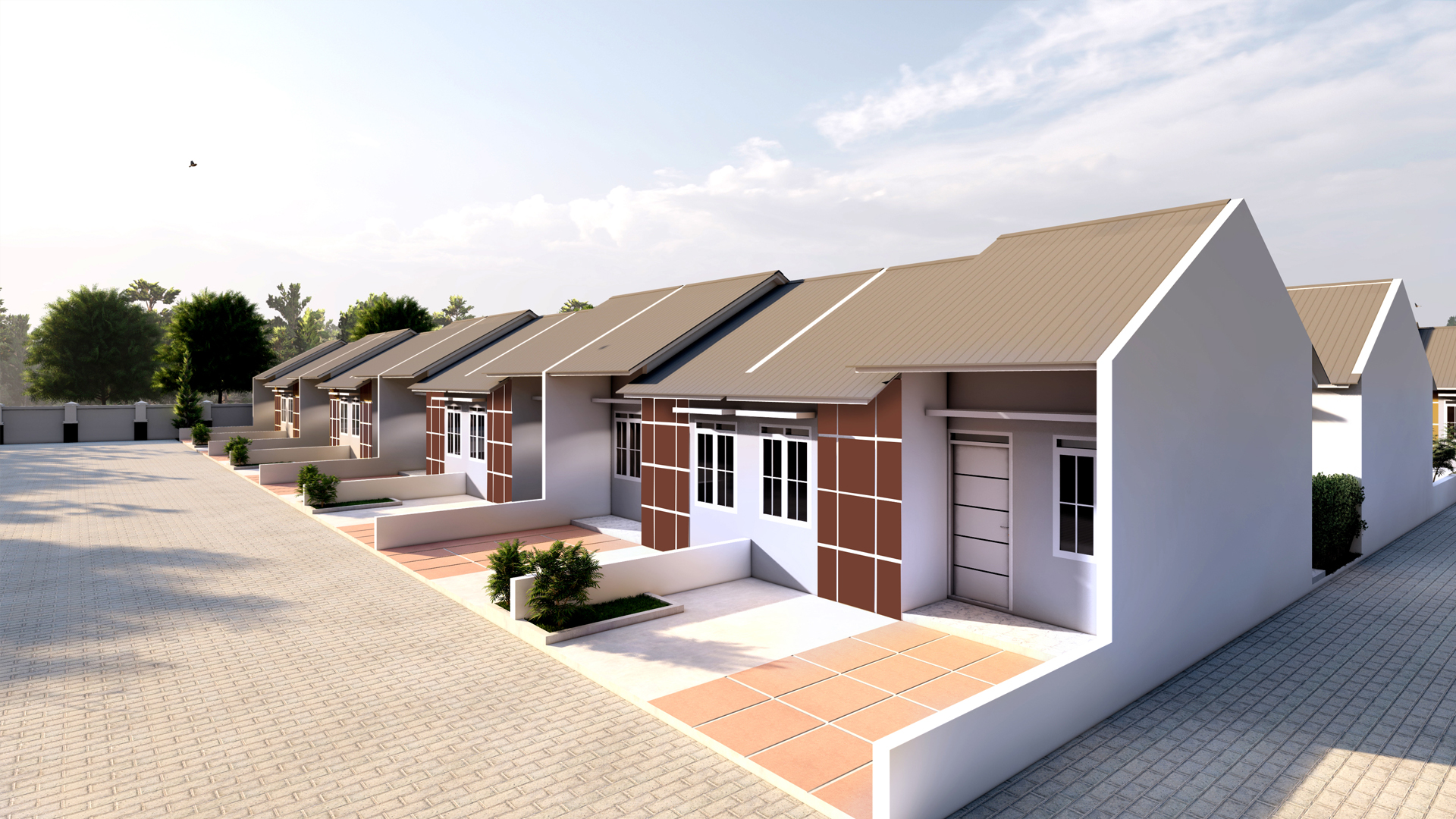Owning a home is a significant investment, and maintaining it properly is crucial to preserving its value, ensuring safety, and avoiding costly repairs. Regular upkeep of residential homes not only extends the lifespan of key systems and components but also enhances comfort and energy efficiency. This discussion explores how proactive home maintenance saves money in the long run by preventing major breakdowns, reducing utility bills, and protecting property value.
Understanding the Importance of Regular Home Maintenance

Homes are complex systems composed of various components—roofing, plumbing, electrical, HVAC, appliances, and structural elements—that require periodic attention. Neglecting maintenance can lead to deterioration, inefficiency, and safety hazards.
Financial Impact
- Cost Avoidance: Small issues like a leaking faucet or clogged gutter can escalate into expensive repairs such as water damage or foundation problems.
- Energy Savings: Well-maintained heating, cooling, and insulation systems operate more efficiently, lowering utility bills.
- Property Value: A well-kept home retains or increases its market value, making it easier to sell or refinance.
Safety and Comfort
Maintenance ensures that systems function safely—preventing risks like electrical fires, mold growth, or carbon monoxide leaks—and maintains a comfortable living environment.
Key Areas of Home Maintenance That Save Money
1. Roofing and Gutters
- Why It Matters: The roof protects the home from weather damage. Damaged shingles or clogged gutters can cause leaks, mold, and structural damage.
- Maintenance Tasks: Inspect the roof annually for missing or damaged shingles. Clean gutters regularly to prevent water overflow.
- Cost Savings: Preventing leaks avoids costly repairs to ceilings, walls, and insulation.
2. Plumbing Systems
- Why It Matters: Plumbing leaks waste water and can cause water damage and mold.
- Maintenance Tasks: Check for leaks under sinks, around toilets, and inspect water heater condition. Insulate pipes to prevent freezing.
- Cost Savings: Fixing leaks early reduces water bills and prevents expensive damage.
3. Heating, Ventilation, and Air Conditioning (HVAC)
- Why It Matters: HVAC systems are major energy consumers.
- Maintenance Tasks: Replace filters every 1–3 months, schedule annual professional tune-ups, clean ducts.
- Cost Savings: Efficient HVAC systems reduce energy costs and extend equipment life.
4. Electrical Systems
- Why It Matters: Faulty wiring can cause fires.
- Maintenance Tasks: Test smoke and carbon monoxide detectors regularly, inspect outlets and circuit breakers, upgrade old wiring if needed.
- Cost Savings: Preventing electrical hazards avoids emergency repairs and insurance claims.
5. Appliances
- Why It Matters: Appliances consume energy and can fail unexpectedly.
- Maintenance Tasks: Clean refrigerator coils, check dryer vents, defrost freezers, and service water heaters.
- Cost Savings: Properly maintained appliances use less energy and last longer.
6. Exterior Maintenance
- Why It Matters: Exterior walls, windows, and doors protect against weather and improve insulation.
- Maintenance Tasks: Inspect caulking and weatherstripping, paint or seal siding, repair cracks.
- Cost Savings: Proper sealing reduces heating and cooling costs and prevents structural damage.
Creating a Home Maintenance Schedule
A well-organized maintenance schedule helps homeowners stay on top of tasks and avoid overlooking important upkeep.
Seasonal Checklist
- Spring: Inspect roof and gutters, service HVAC, check plumbing for winter damage.
- Summer: Clean and maintain outdoor areas, paint touch-ups, check irrigation systems.
- Fall: Prepare heating system, clean chimneys, seal windows and doors.
- Winter: Monitor for ice dams, check insulation, test smoke detectors.
Monthly and Quarterly Tasks
- Change HVAC filters.
- Test safety detectors.
- Inspect for leaks and pests.
Long-Term Benefits of Regular Maintenance
Extended Lifespan of Home Components
Routine upkeep prevents premature failure of systems and materials, saving the cost of early replacements.
Reduced Emergency Repairs
Regular inspections catch problems early, avoiding costly emergency repairs that disrupt daily life.
Improved Energy Efficiency
Maintaining insulation, sealing leaks, and servicing HVAC reduces energy consumption and utility bills.
Increased Property Value and Marketability
A well-maintained home appeals more to buyers and can command a higher price.
Common Misconceptions About Home Maintenance
- “It’s too expensive.” Regular maintenance costs far less than emergency repairs or replacements.
- “I don’t have time.” Scheduling small periodic tasks is more manageable than dealing with large problems.
- “I can fix it myself.” While some tasks are DIY-friendly, professional inspections and repairs ensure safety and quality.
Tips for Cost-Effective Home Maintenance
- Prioritize Tasks: Focus on high-impact areas like roofing, HVAC, and plumbing.
- DIY When Appropriate: Simple tasks like cleaning gutters or changing filters can save money.
- Hire Professionals Wisely: Use licensed contractors for complex or hazardous work.
- Keep Records: Document maintenance activities to track what’s done and plan future work.
- Use Quality Materials: Investing in durable materials reduces frequency of repairs.
Conclusion
Regular maintenance in Residence homes is a smart investment that saves money by preventing costly repairs, improving energy efficiency, and preserving property value. By staying proactive and organized, homeowners can enjoy a safer, more comfortable living environment while protecting their financial interests. Establishing a routine maintenance schedule and addressing issues promptly are key strategies to maximize the longevity and performance of a home.
If you want, I can help you create a customized home maintenance checklist or recommend trusted service providers in your area.




